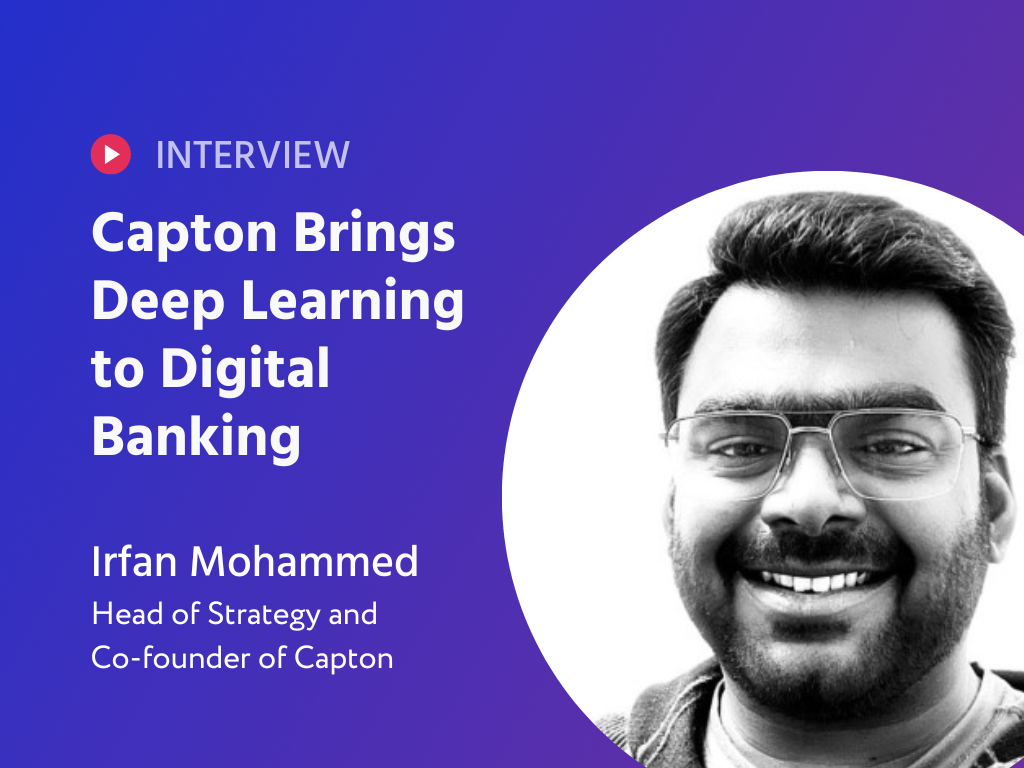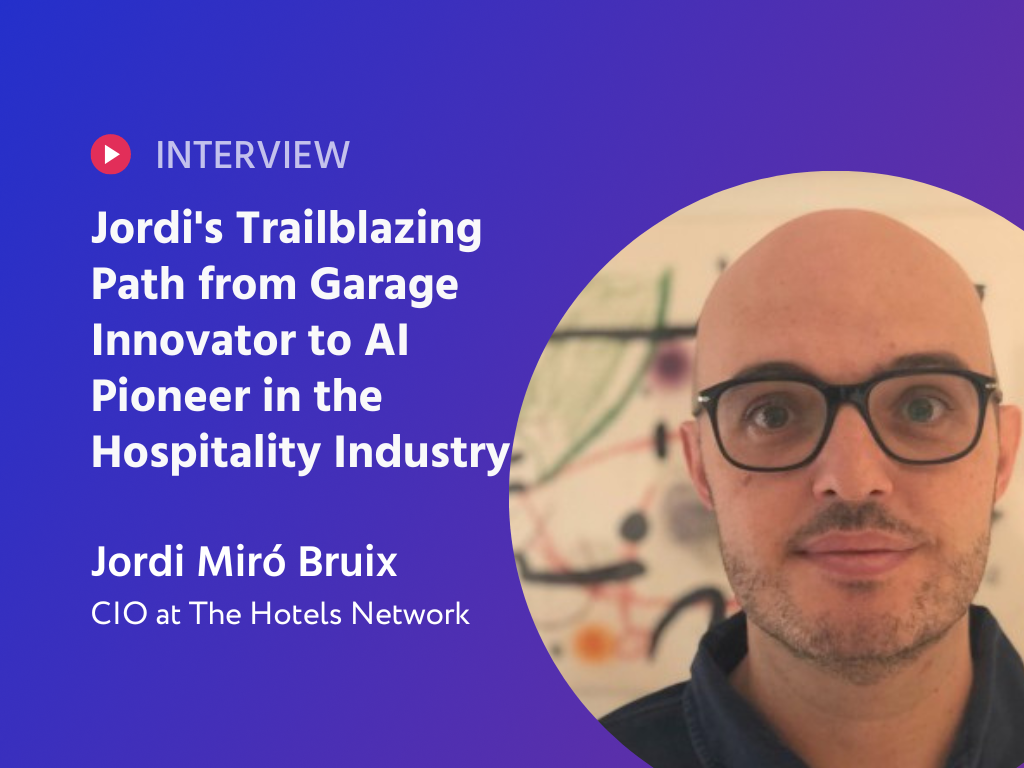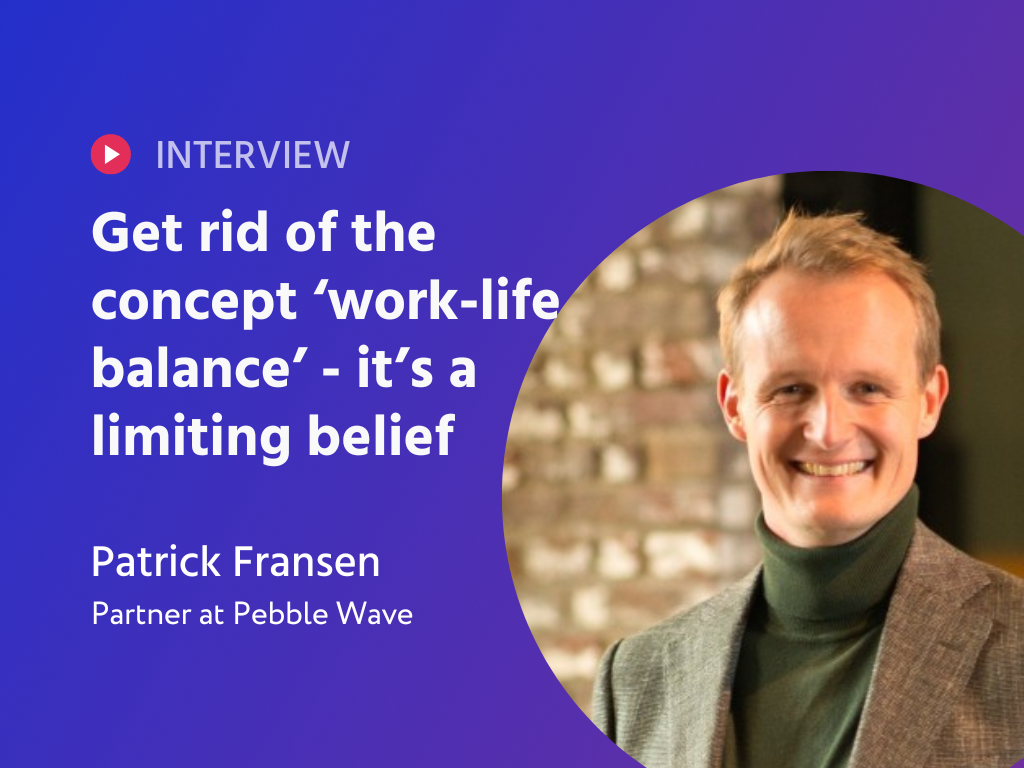In the ever-evolving landscape of digital payments, industry veterans often have invaluable insights into both current trends and future possibilities. We had the chance to sit down with one such expert, Robert Kraal, the Co-Founder of Silverflow, a company making waves in the internet payments industry.
With a history rich in experience, including foundational roles at companies like Adyen, Kraal brings a nuanced perspective to the table. In our interview, he took us on a journey through his career, starting from his initial days straight out of university where he studied geophysics, to leading key financial projects and serving as CFO in various enterprises. His story is an intricate tapestry of technological evolution, regulatory challenges, and strategic shifts in how online payments are processed.
Join us as we delve deep into Kraal's extensive experience, including his work with behemoths like Google and WorldPay, as well as his perspective on the next big things shaping the digital payments industry. It's an enlightening discussion you won't want to miss.
From Geophysics to FinTech: The Evolutionary Journey of Robert Kraal, SilverFlow's Visionary CEO
You don't hear about geophysicists often taking the tech world by storm. But for Robert Kraal, Co-founder and CEO of Silverflow, the twists and turns in his career path not only make for an engaging tale but also underscore the unique expertise he brings to the fast-evolving world of internet payments. Kraal's tech journey started "in the early days of the internet, around '97 or '98." After studying geophysics in university, he initially worked on billing software with a friend. That early work eventually evolved into a payments company, COBIT, which was sold to Royal Bank of Scotland in 2004. "You could say that WorldPay today has a part of COBIT's code. We were at the root of building one of the largest payment companies," he reminisces.
From there, Kraal went on to work with tech behemoth Google, where he focused on retail, education, and entertainment protocols. But his true calling was in payments, and that's where he found his groove again. After a stint as a CFO, he decided to go back to his payments roots with SilverFlow. "In Europe, a new financial regulation was introduced, called the payment service directive," Kraal says. This not only evened out the playing field but also allowed companies to perform more tasks in the financial landscape. So they thought, "Why not talk directly to Visa and MasterCard?" And thus began another exciting phase for him.
"I think regulation was good from a point of view; it created an equal playing field between banks and all these payment players," says Kraal, summing up his stance on the complex ecosystem he's navigated with remarkable dexterity. Robert Kraal isn't your typical FinTech CEO; he's a geophysicist turned tech visionary who has not only embraced change but used it as a stepping stone to innovate and excel. While he might not get his Dutch last name pronounced right often, when it comes to understanding the intricacies of internet payments, he's got it spot-on.
I think regulation was good from a point of view; it created an equal playing field between banks and all these payment players
From Startup to Global Disruptor: Robert's Journey in Changing the Payment Landscape
"Always disrupt the system," Robert says, leaning back in his chair as if letting us in on a secret sauce for innovation. This mantra fueled his incredible journey, which kicked off in 1997, a time when the banking industry was, in his words, "old fashioned." A restless young gun back then, Robert saw a gap in the market that most didn't. Banks, he thought, were behemoths too mired in bureaucracy to innovate quickly. "We thought we could do it quicker," he recalls. Fast forward a few decades, and it's clear he was on to something.
Always disrupt the system
Robert chuckles when talking about his time at Google, describing it as "amazing as everyone says." But it was his tenure at IGN where the real magic happened. From a small team of 14 to becoming a global acquiring and processing giant, the thrill for him was in the scaling. "You get into everything—HR, internal and external communication, and yeah, a whole lot of problems too. But that’s the game, isn't it?" he says, a gleam of pride in his eyes. The journey included dealing with regulations across the globe, setting up new entities, and hobnobbing with the likes of Visa and MasterCard on a global stage.
"The mission has always been to change the world as it was," he shares, adding that this ethos hasn’t changed even as his company grew in size and complexity. In his view, the need for disruption in the payments sector is as urgent today as it was back when he started. Small fintech companies still have the agility to out-innovate the big boys, and that’s where Robert sees his edge.
Straight Talk and Modern Tech: Robert Gets Candid on Navigating the Global Payment Landscape
"The Dutch have a no-nonsense, straight-to-the-point way of communicating," Robert tells me. "It speeds up things for us, but other cultures may think we're missing out on the politeness around it." The Dutch are known for their candor, a trait Robert appreciates. We're diving deep into cultural quirks in business communication, and how they translate to his company's own straightforward strategy in the complex world of payments. His company, headquartered in Ukraine but with deep roots in Amsterdam, London, and the US, has taken an innovative leap—eschewing the 80s-era COBOL code and IBM mainframes that still drive many financial processors today.
Robert is taking financial technology into the 21st century. "We wanted to add a third flavor: a very modern, state-of-the-art card processing platform. It's what we've built." They’re bringing a much-needed update to a field where most companies are stuck between the Scylla and Charybdis of using outdated systems or investing enormous resources to build something new. His company offers a lifeline—a scalable, modern platform.
What sets them apart? It’s all in the cloud. And this isn't just about trendiness; the cloud-based approach offers scalability and adaptability. "The cloud allows you to develop your software quicker. We don't have to reinvent the wheel all the time," Robert explains. It's a game-changer, enabling companies to meet ever-tightening data protection laws across different countries. "Cloud technology is the future; it's the only way to meet today's scalability and data protection demands without getting mired in outdated systems," he insists. As he explains it, their approach offers the holy grail for modern payments—simplicity, functionality, and adaptability—characteristics that mirror his own direct, Dutch style of communication.
Cloud technology is the future; it's the only way to meet today's scalability and data protection demands without getting mired in outdated systems
Navigating the High-Stakes Maze of FinTech: Robert Spills the Tea on Certification, Valuation, and Finding the Right Investor
Let's be real, we're all about that #startuplife, but Robert brings a perspective to FinTech that is a wake-up call for anyone sliding into this industry. "You can't just hop on the Visa and MasterCard wagon without earning your stripes," he warns. It's not just about having an innovative product; it's about earning a multitude of certifications for your product, from PCI security to SOC compliance. "You need to build and certify for a couple of years before you can even think about signing your first contracts."
Don't just look for an investor for the money; consider what else they can bring to the table
"Is FinTech still a goldmine?" we asked. Robert was pretty straightforward: "Oh, we're not done seeing rockets here. The number of transactions is only going up, whether you're talking about a retiree in the Midwest or a farmer in Africa." So, for those of you wondering if FinTech has hit its peak, Robert assures us it's far from plateauing.
When it comes to his own success, Robert isn't just aiming for the stars; he's already orbiting them. "We're actually exceeding on pretty much all our targets," he boasts. And if you're looking for a nugget of wisdom from this FinTech guru, it's simple: "Make sure what you're building is unique and not a 'me-too' copy of some other business." Ain't that the truth, Robert. So before you dive headfirst into your next venture, maybe take a page out of Robert's playbook. Trust us; you'll want to.



